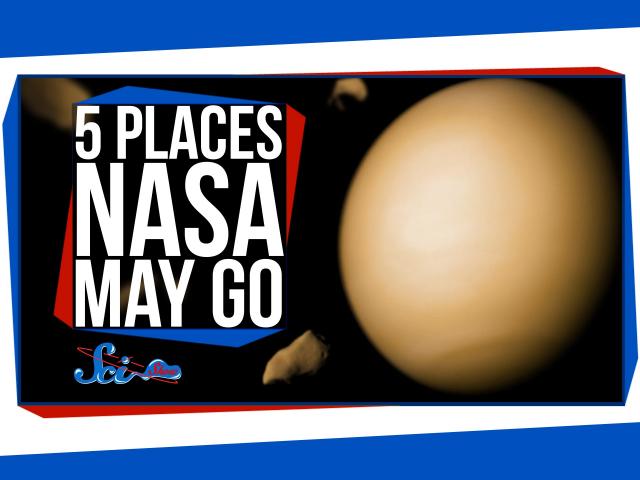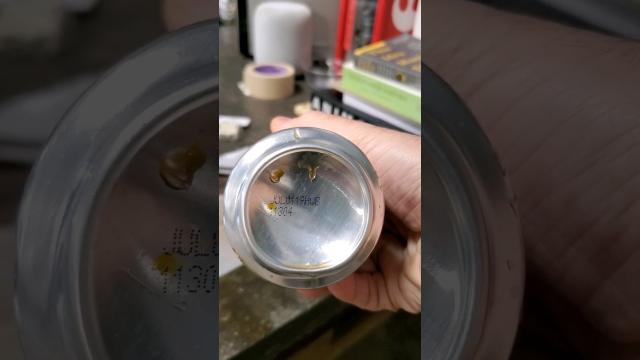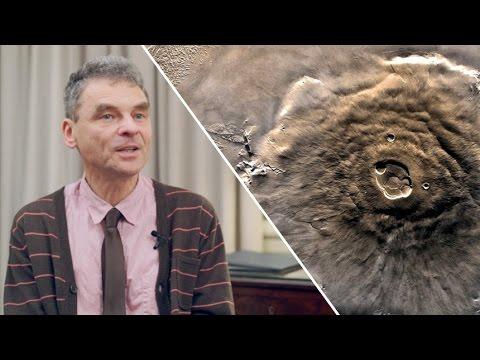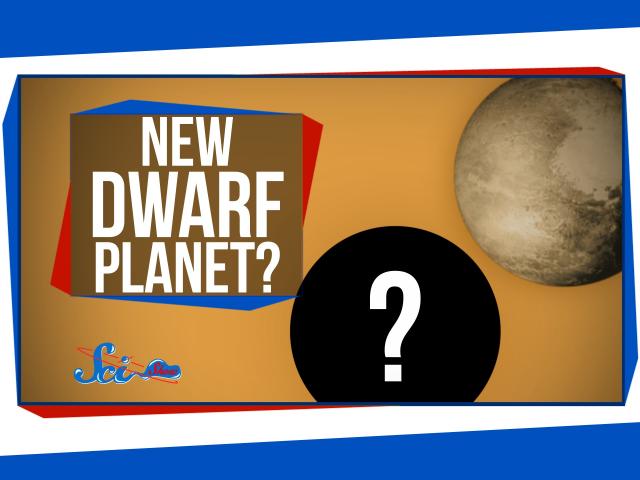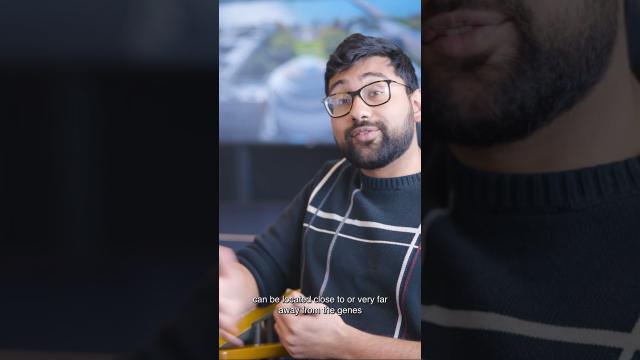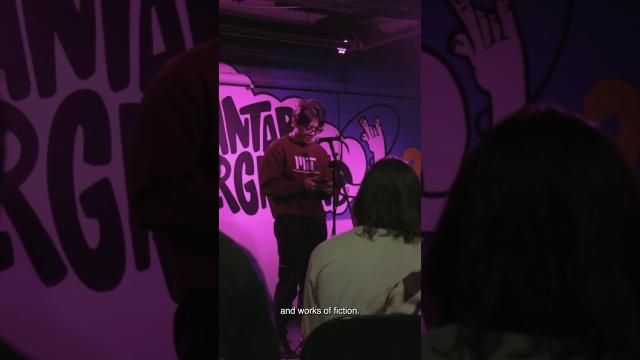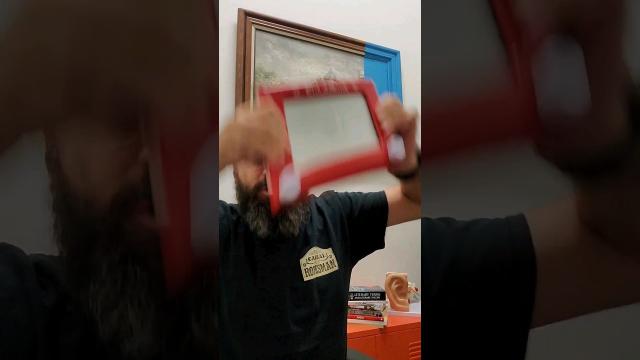Time Travel, Teleportation & Science
Time travel is the concept of moving between different points in time in a manner analogous to moving between different points in space, generally using a theoretical invention, namely a time machine. It has a commonly recognized place in philosophy and fiction, but has a very limited application in real world physics, such as in quantum mechanics or wormholes.
Although the 1895 novel The Time Machine by H. G. Wells was instrumental in moving the concept of time travel to the forefront of the public imagination, The Clock That Went Backward by Edward Page Mitchell was published in 1881 and involves a clock that allowed three men to travel backwards in time.[1][2] Non-technological forms of time travel had appeared in a number of earlier stories such as Charles Dickens' A Christmas Carol. Historically, the concept dates back to the early mythologies of Hinduism (such as the Mahabharata), Buddhism, and Islam through ancient folk tales. More recently, with advancing technology and a greater scientific understanding of the universe, the plausibility of time travel has been explored in greater detail by science fiction writers, philosophers, and physicists.
Teleportation, or Teletransportation, is the theoretical transfer of matter or energy from one point to another without traversing the physical space between them. It has a commonly recognized place in science fiction literature, film, and television, but as yet has a very limited application in real world physics, such as quantum teleportation or the study of wormholes.
Science (from Latin scientia, meaning "knowledge") is a systematic enterprise that builds and organizes knowledge in the form of testable explanations and predictions about the universe. In an older and closely related meaning, "science" also refers to a body of knowledge itself, of the type that can be rationally explained and reliably applied. A practitioner of science is known as a scientist.
In modern usage, "science" most often refers to a way of pursuing knowledge, not only the knowledge itself. It is also often restricted to those branches of study that seek to explain the phenomena of the material universe.
Source : Wikipedia
-

Rewiring the Brain: The Promise and Peril of Neuroplasticity
Added 219 Views / 0 Likes#briangreene #JohnKrakauer #TakaoHensch #BrettWingeierThis program is part of the Big Ideas series, supported by the John Templeton Foundation.Participants:John KrakauerTakao HenschBrett WingeierModerator:Brian GreeneOfficial Site: https://www.worldscienc
-

Memory: The Hidden Pathways That Make Us Human
Added 179 Views / 0 LikesOur brains prioritize facts and create memories based on emotional intensity. How the brain engages with the body to create emotions, how those emotions shape memory, and what happens when intense emotions are bound to false memories is the story we will
-
14:22
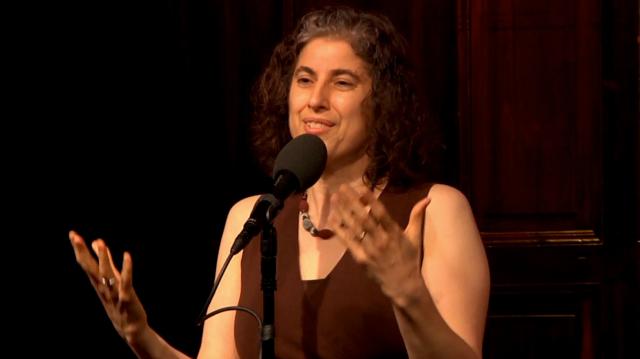
The Moth - Danielle Ofri: It's All Relative
Added 582 Views / 0 LikesThe Moth - Danielle Ofri: It's All Relative
-
01:36
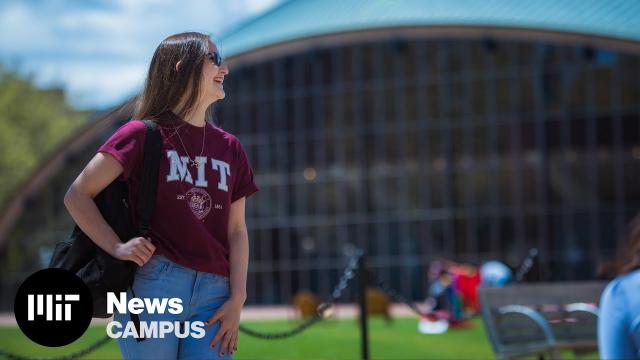
From MIT's president, Sally Kornbluth, Welcome back!
Added 150 Views / 0 LikesIt's the start a new academic year at MIT! President Sally Kornbluth welcomes those new to campus as well as those returning after the summer break.Watch more videos from MIT: http://www.youtube.com/user/MITNewsOffice?sub_confirmation=1The Massachusetts I
-
05:31
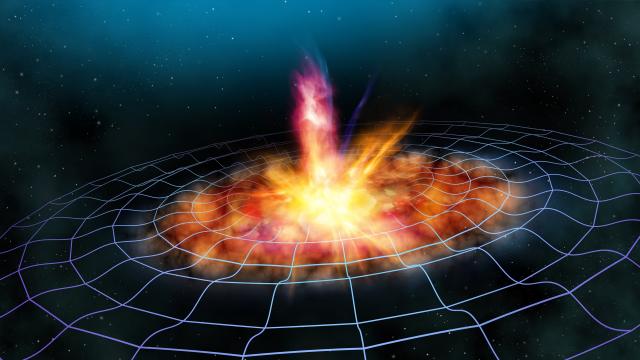
Unpacking The Complexity Of The Einstein Equations
Added 603 Views / 0 LikesUnpacking The Complexity Of The Einstein Equations
-
01:26
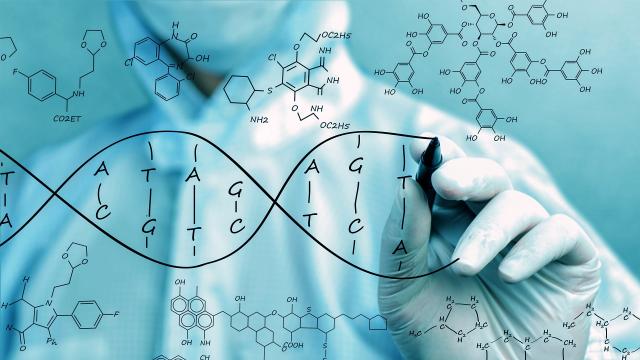
If you edit genes using CRISPR, can you undo the effects?
Added 705 Views / 0 LikesIf you edit genes using CRISPR, can you undo the effects?
-
14:04
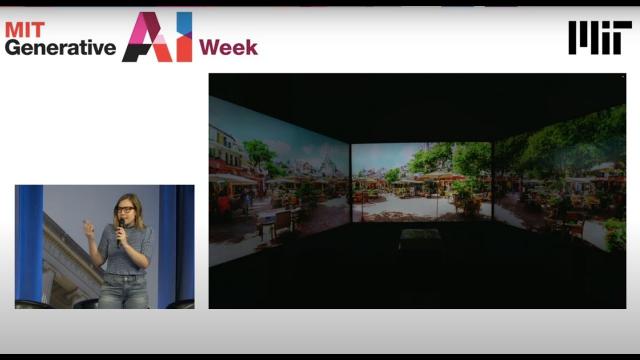
Generative AI + Creativity Student Lightning Talks Part 2
Added 132 Views / 0 LikesMIT Media Lab students Vera van de Seyp, Leticia Izquierdo, Pat Pataranutaporn, and Hope Schroeder discuss their work at the intersection of AI and creativity.Watch more videos from MIT: http://www.youtube.com/user/MITNewsOffice?sub_confirmation=1The Mass
-
02:15

CarbonCounter: Online app allows consumers to research low-emissions vehicles
Added 637 Views / 0 LikesCarbonCounter: Online app allows consumers to research low-emissions vehicles
-
10:01
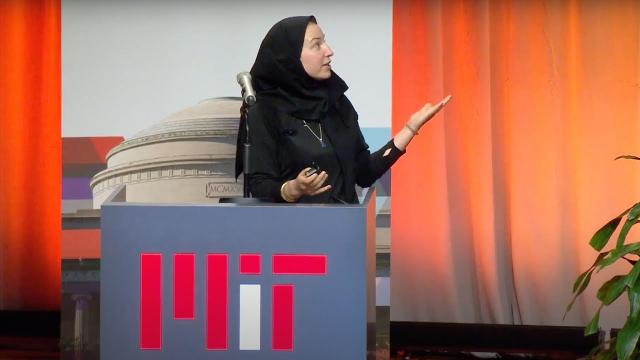
Generative AI Applications: Marzyeh Ghassemi
Added 150 Views / 0 LikesMarzyeh Ghassemi, Assistant Professor, MIT Electrical Engineering and Computer Science, Institute for Medical Engineering & Science, CSAIL, and Jameel Clinic, shows how some models can perpetuate unequal outcomes in healthcare and how decision-makers can
-
03:52
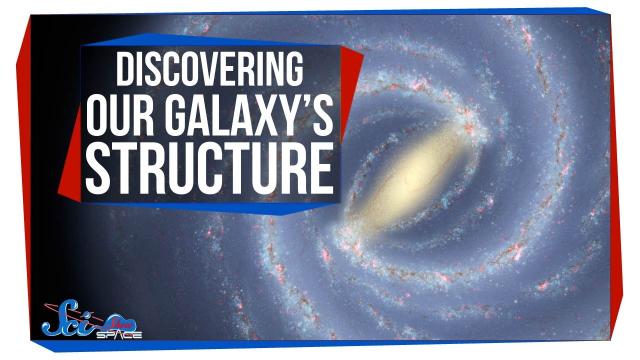
How Do We Know What the Milky Way Looks Like?
Added 539 Views / 0 LikesHow Do We Know What the Milky Way Looks Like?

